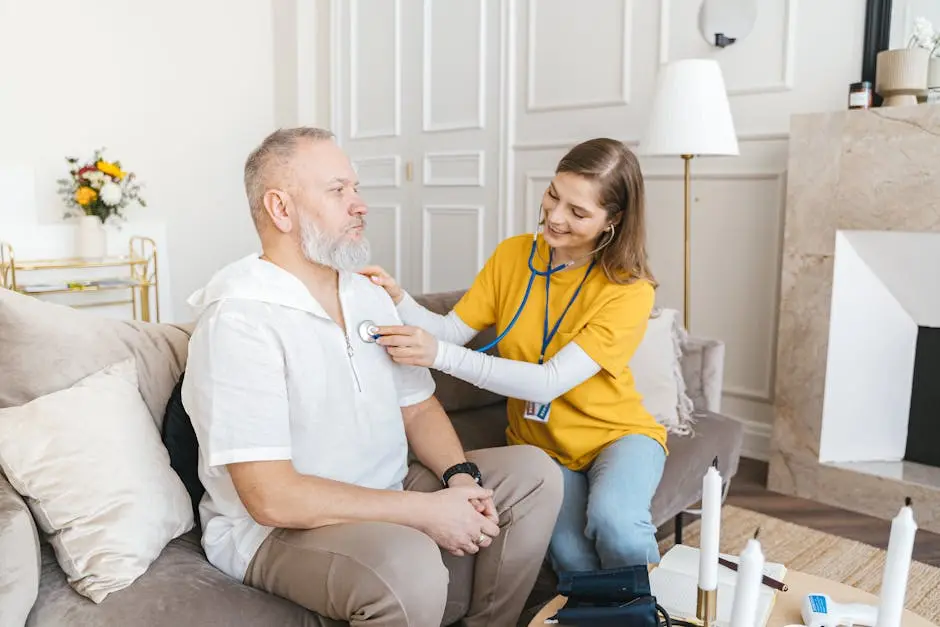In today’s fast-paced world, many people, especially the elderly, find themselves feeling isolated. Home healthcare can offer solutions that not only provide medical assistance but also help reduce feelings of loneliness. In this blog, we’ll explore how home healthcare professionals can play a vital role in alleviating isolation.
Understanding Isolation and Its Effects
Isolation can have serious ramifications on mental and physical health. Comprehending its impacts is crucial in finding effective solutions. Home healthcare can address these issues by offering personalized interaction.
When people feel isolated, it can lead to depression, anxiety, and even physical health problems like heart disease. Home healthcare professionals can spot these signs early, helping to mitigate such risks and provide essential support.
With the growing aging population, understanding isolation becomes even more significant. Many seniors live alone, and home healthcare can significantly reduce their sense of isolation by creating a supportive environment.
Role of Home Healthcare Professionals
Home healthcare providers are trained to deliver not only medical care but also emotional support. Their presence can offer much-needed human interaction, combating loneliness effectively.
They build trust and form bonds with their clients, which is essential for emotional well-being. Their ongoing relationship often becomes a lifeline for those feeling isolated, offering stability and comfort.
Materials, exercises, and therapy sessions designed to stimulate mental and cognitive abilities can also help. By focusing on the whole person, providers can encourage positivity and engagement.
Companionship Through Care
One of the key benefits of home healthcare is the companionship it offers. Spending time with caregivers can help clients engage in conversations and activities, reducing feelings of isolation.
Beyond just chatting, embarking on creative tasks together like painting, gardening, or even preparing a meal can foster a sense of community and purpose. These shared activities celebrate human connection.
Relationships fostered in such settings often extend beyond professional boundaries, becoming deeply valued friendships that transcend typical care routines.
Encouraging Social Activities
Home healthcare providers often encourage participation in social activities. Whether it’s accompanying clients to community events or organizing group activities at home, they play a critical role in enabling social interaction.
By creating routines that incorporate social elements, caregivers help clients look forward to regular interactions. This changes the perception of their daily routines—it’s not just a ‘care schedule’, but a ‘social schedule’.
Personalized Care Plans
Each individual’s needs are unique. Tailoring care plans to include social elements ensures that emotional and social well-being is prioritized along with physical health, fostering a holistic approach to care.
By exploring clients’ interests and hobbies, caregivers can create bespoke plans that include art, music, or any other engaging activities they enjoy. Such personalized interactions are vital for combating feelings of isolation.
Embracing Home Healthcare to Bridge the Isolation Gap
Home healthcare isn’t just about medical needs; it’s also a powerful tool in the fight against isolation. By offering companionship, personalized care, and social opportunities, home healthcare providers help individuals lead happier, more connected lives. Considering these options can make a world of difference for someone feeling isolated.


